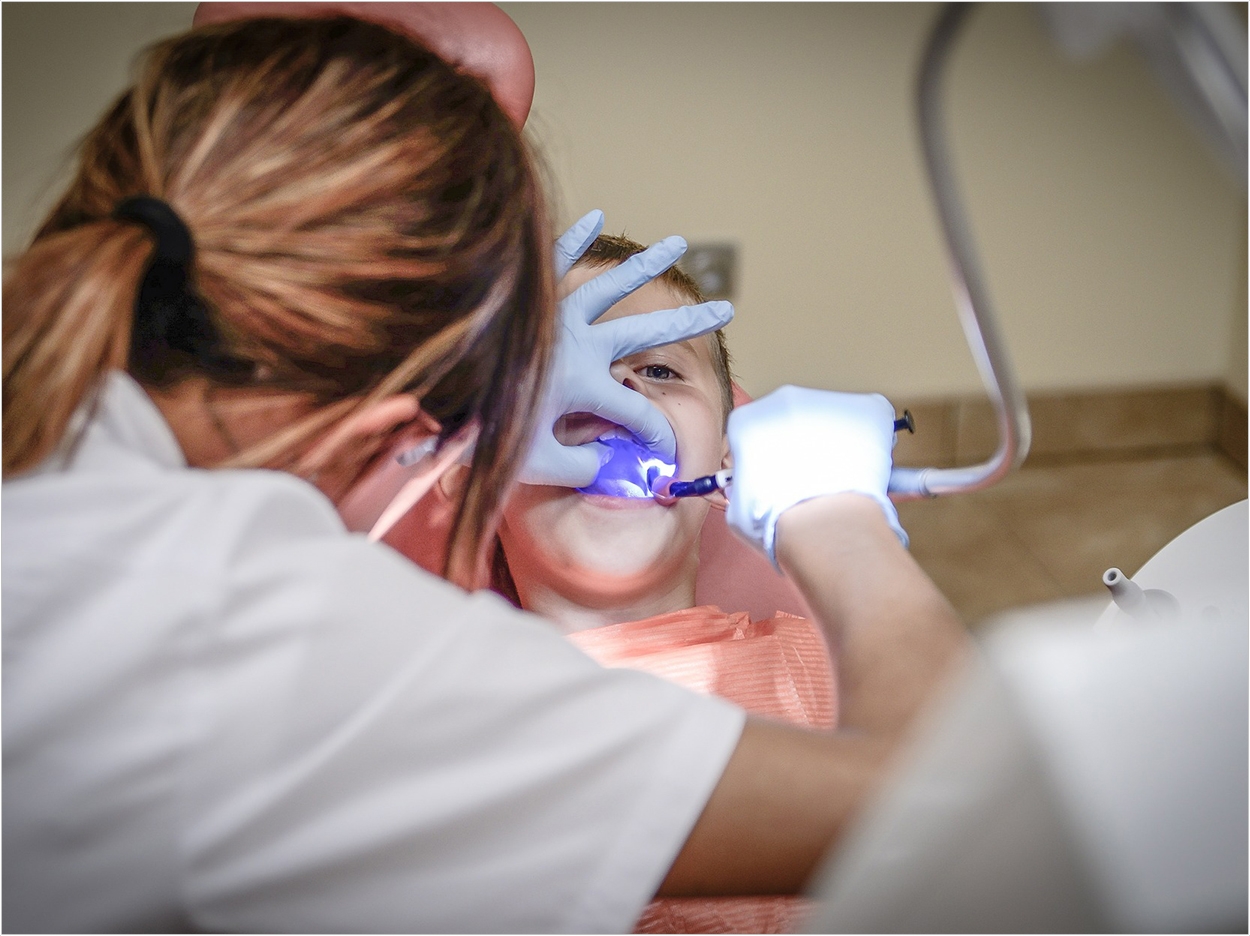
Cognitive behavioral therapy (CBT) is considered acceptable, evidence-based treatment for dental anxiety. However, access to therapy is limited, prompting researchers in the United Kingdom to develop a guided self-help CBT resource to manage dental anxiety in children. Their research also has provided preliminary evidence for the feasibility and acceptability of this approach with children who are between 9 and 16 years old.
The study used a mixed-methods design. In phase one, a qualitative “person-based” approach informed the development of the self-help CBT resource. The researchers also used guidelines for the development and evaluation of complex interventions. In phase 2, children between the ages of 9 and 16 years who had elevated self-reported dental anxiety attending a community dental service or hospital were invited to use the CBT resource.
The children completed questionnaires that assessed their dental anxiety and health-related quality of life before and following their use of the resource. The researchers also recorded recruitment and completion rates. They explored the acceptability of the CBT resource via interviews and focus groups with children, parents and caregivers, and dental professionals.
A total of 85 children were invited to participate in the feasibility study and try the CBT resource. The recruitment and completion rates were 66% and 86%, respectively, with 48 patients completing the study. According to the researchers, there was a significant reduction in dental anxiety and in increase in health-related quality of life after the use of the guided self-help CBT resource.
The researchers believe their work will inform the design of a definitive trial to examine the treatment and cost-effectiveness of the resource they developed. The study, “Development and Testing of a Cognitive Behavioral Therapy Resource for Children’s Dental Anxiety,” was published by JDR Clinical & Translational Research.
Related Articles
Dental Fear May Have Genetic Roots
Try Magic and Comedy to Engage Patients and Ease Dental Anxiety
Behavioral Therapy Can Ease Dental Anxiety



